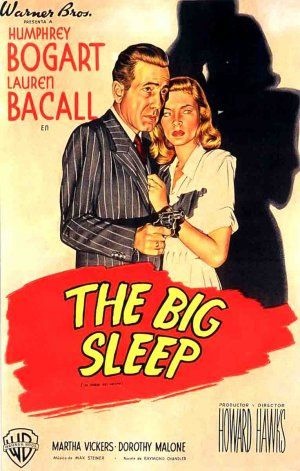
Walt Whitman’s Leaves of Grass was first published on this date in 1855. The first edition received several glowing — and anonymous — reviews in New York newspapers; many of them were written by Whitman himself. One such review read, “An American bard, at last!”
Not too difficult to believe of the guy who wrote the 52-stanza “Song of Myself” … here’s a sampling from stanza 16 that seems appropriate for the day:
I am of old and young, of the foolish as much as the wise;
Regardless of others, ever regardful of others,
Maternal as well as paternal, a child as well as a man,
Stuff’d with the stuff that is coarse, and stuff’d with the stuff that is fine;
One of the Great Nation, the nation of many nations, the smallest the same, and the largest the same;
A southerner soon as a northerner—a planter nonchalant and hospitable, down by the Oconee I live;
A Yankee, bound by my own way, ready for trade, my joints the limberest joints on earth, and the sternest joints on earth;
A Kentuckian, walking the vale of the Elkhorn, in my deer-skin leggings—a Louisianian or Georgian;
A boatman over lakes or bays, or along coasts—a Hoosier, Badger, Buckeye;
At home on Kanadian snow-shoes, or up in the bush, or with fishermen off Newfoundland;
At home in the fleet of ice-boats, sailing with the rest and tacking;
At home on the hills of Vermont, or in the woods of Maine, or the Texan ranch;
Comrade of Californians—comrade of free north-westerners, (loving their big proportions;)
Comrade of raftsmen and coalmen—comrade of all who shake hands and welcome to drink and meat;
A learner with the simplest, a teacher of the thoughtfullest;
A novice beginning, yet experient of myriads of seasons;
Of every hue and caste am I, of every rank and religion;
A farmer, mechanic, artist, gentleman, sailor, quaker;
A prisoner, fancy-man, rowdy, lawyer, physician, priest.
I resist anything better than my own diversity;
I breathe the air, but leave plenty after me,
And am not stuck up, and am in my place.
(The moth and the fish-eggs are in their place;
The suns I see, and the suns I cannot see, are in their place;
The palpable is in its place, and the impalpable is in its place.)
[There were legitimate reviews, too; Emerson called Whitman’s work “the most extraordinary piece of wit and wisdom America has yet contributed.”]
Happy Independence Day, all!!











